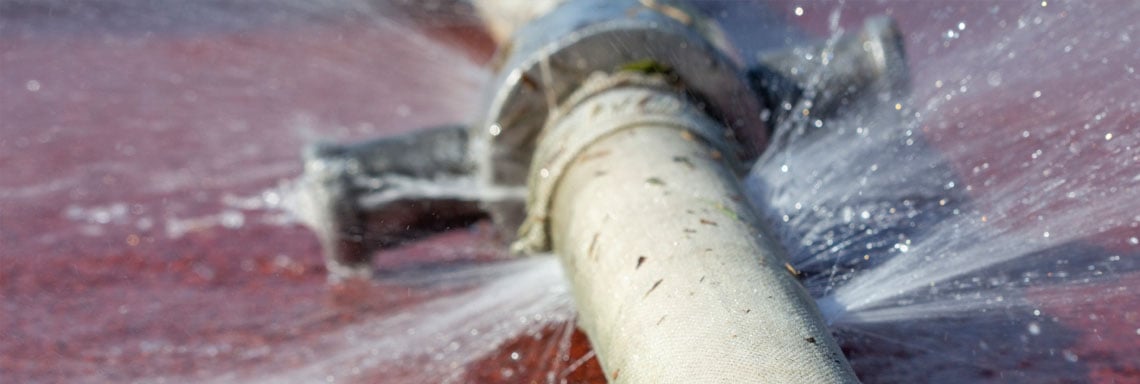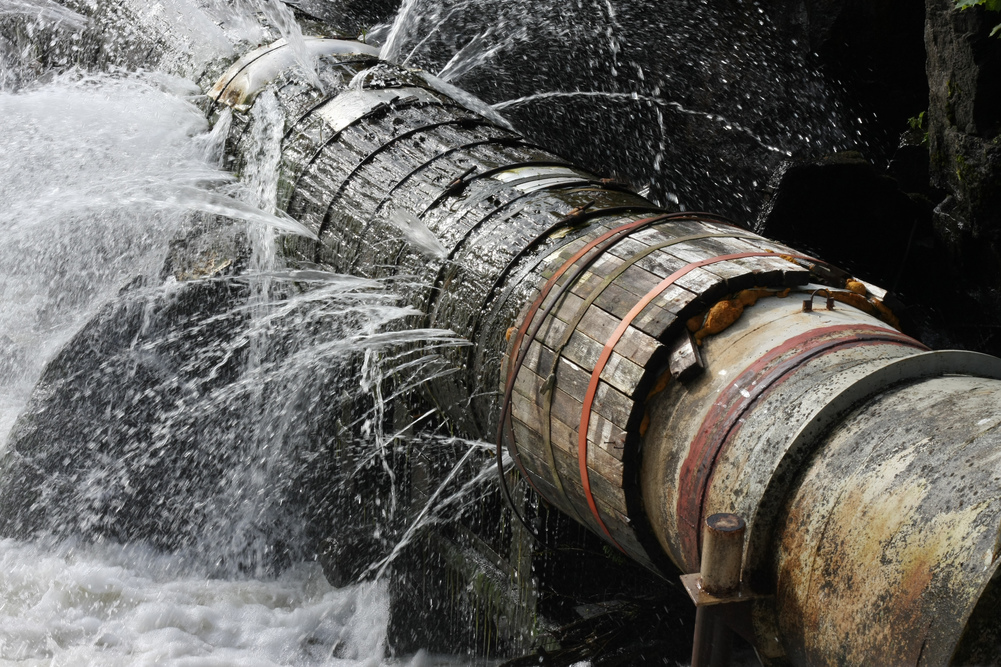Tips on How to Maintain Your Septic Tank: What You Should Know
Tips on How to Maintain Your Septic Tank: What You Should Know
Blog Article
This great article below in relation to Do’s And Don’ts For Homeowners Managing With Water Damage is amazingly motivating. You should investigate for yourself.

What should you do if a pipes bursts in your residence, developing a mini-waterfall and also flooding an area of your home? In this scenario, you should act fast. The longer you wait, the much more serious the water damage in your home. When an emergency such as this takes place, clearheadedness is vital. For these factors, you require to discover what to in case of a ruptured pipes. Because time is of the essence, check out the following tips listed below to aid you act quickly.
Turn off the Main Waterline Valve
The first thing you have to do is shut the shut-off shutoff. Search for the local shut-off shutoff to turn-off water in one details location only. You have to turn-off the primary waterline valve if you do not recognize where the localized shut-off valve to the component is. This will certainly cut off the water in your whole residence. Normally, the main valve is found outside the residence beside the water meter. If it's not there, you can also find it in the cellar at an eye-level or it could be in the 1st flooring on the ground. Usually, builders yet the shut-off valve generally ground degree bathroom or best beside it.
Call Water Damage Restoration Pros for Aid
After shutting the water resource, call the pros for assistance. This is not something you can readily do it yourself because they require to fix the pipelines and attend to the damages to your building. Seek assistance from a trusted firm providing 24/7 emergency solutions. With their expert assistance, you can minimize exacerbation since water can permeate with your points resulting in deformed walls, loose ceramic tiles, or damages framework. Do not take this trouble gently as well as look for profession guidance for total peace of mind.
Record the Damage For Insurance coverage
As you are awaiting the pros to show up, record the damage caused by the errant pipeline. Take images and also videos of whatever. Do closeup shots of belongings. These points will certainly serve as evidence for your property owner's insurance coverage. Remaining aggressive with this allows you to file a claim for coverage, which will help you and your household return on your feet.
Recover Points That Can Be Conserved
Peruse the items and also take out the most vital ones from the pile once you're done taking pictures. Dry them off and try to maintain as high as you can. Drag them far from wetness so they can begin to dry out.
Start the Drying Refine
Thankfully, water from your waterlines are clean so you do not have to worry regarding sewage system water. The flowing water may have interrupted the dust as well as particles in your floorboards as well as carpetings. Be prepared with gloves as you utilize pails to dump out the water.
Specialists are the only ones qualified to repair the burs pipelines and also succeeding damage. You will typically see red flags like gurgling paint, unusual noises in the plumbing, moldy odor, caving ceiling, peeling off wallpaper, or water discolorations.
What should you do if a water pipe bursts in your home, producing a mini-waterfall and also swamping an area of your home? For these reasons, you need to discover what to in instance of a ruptured water pipeline. After shutting the water source, call the pros for assistance. With their professional assistance, you can minimize worsening because water can seep through your things resulting in distorted walls, loosened floor tiles, or damages framework. The good news is, water from your waterlines are tidy so you do not have to stress concerning sewer water.
BROKEN WATER PIPES: COST TO REPLACE & WAYS TO FIX A PIPE
CAUSES OF A BROKEN WATER PIPE
A water pipe can break for several reasons depending on the environment you live in, type of pipe, and circumstances.
The most common cause of broken pipes is freezing. If you live in a colder climate, this could happen. When water freezes it increases in volume by 9% and the pressure in the pipes can go from 40 psi to 40,000 psi. Clearly, this could be detrimental to the pipes. Water freezing causes quick expansion, which puts stress on the pipes and could lead them to crack or weaken. When water thaws, it will leak out the cracks. Other changes in water pressure can also cause breakage. Another common cause of broken water pipes is age.
Depending on the material, water pipes can last anywhere from 70-100 years. But the older they get, the more susceptible they are to weakening and corroding. Older pipes coming into contact with another material could speed up the corrosion process as well. PVC pipes can become brittle with age, while copper is prone to corrosion and stress over time. Something that could also potentially break water pipes is when they move. They may move from construction or the house settling. Moving can stress the fixed pipe which may lead to a leak or burst pipe.
HOW MUCH WATER COULD LEAK INTO YOUR HOUSE FROM A BROKEN PIPE?
The amount of water that leaks depend on how big the break in a pipe is. If it is just a minor crack, water will slowly leak out. This isn’t as serious as a full broken pipe, but it can still cause significant damage to your home. Burst pipes can leak up to 10 gallons of water per minute. The amount of water leaked also depends on what appliance is involved. The water line to your refrigerator can leak ½ to 1 gallon per minute depending on water pressure. One toilet supply line may leak 2-3 gallons a minute and a washing machine hose will leak up to 10-12 gallons per minute.
TURN THE WATER OFF
Doing this first is imperative; everything else can wait. You need to deactivate the water supply to stop the flow of water and prevent more water from leaking into your home. Shutting off the water could potentially save you thousands in water damage repairs. Locating the water shutoff valve depends on the climate you live in. For colder climates, the valves are usually inside, such as in the basement. For houses in milder weather, the shutoff valves will probably be outside—either attached to an exterior wall or in an underground box with a removable lid.
OPEN A FAUCET
The next thing to do is to open a faucet or turn on a sink. This will relieve any remaining water pressure in the pipes and ensure a full-shut down.
GET RID OF THE WATER
The quicker you get rid of the water, the less water damage and mold there could be. Use a mop and a shop vacuum to help get clean up the water. Use towels to dry everything the best you can.
CUT AND REMOVE THE DAMAGED PIPE
Once you have shut off the water and drained the damaged water pipe, you can begin to fix the issue. Cut out the damaged section of the pipe with a pipe cutter, ensuring that you also cut one inch extra on each side of the damage. Once you get rid of the broken part of the pipe, you may begin repairs.
https://www.wmhendersoninc.com/blog/broken-water-pipes-cost-to-replace-ways-to-fix-a-pipe/

I ran across that page on The Do’s And Don’ts When Water Floods Your Home when doing a search on the internet. So long as you enjoyed our article please don't forget to pass it around. Thanks for your time invested reading it.
Report this page